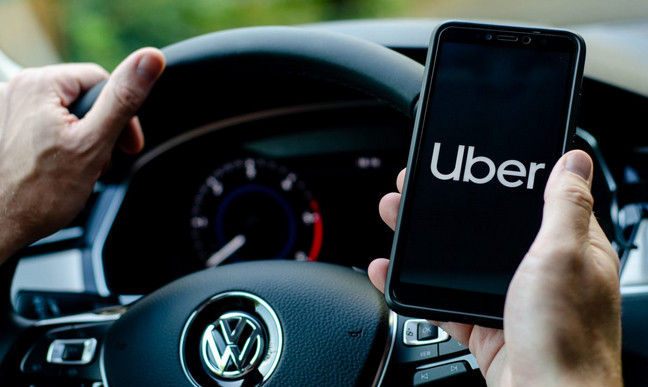
On Wednesday, a U.S. appeals court based in Philadelphia ruled that Uber Technologies Inc (UBER.N) drivers must follow the U.S. law that mandates work-related legal disputes to be brought up in private arbitration instead of participating in class action lawsuits in court. The court panel stated that Uber drivers do not meet the criteria for exemption from the arbitration law, which applies to workers involved in interstate commerce, as they rarely transport passengers across state lines. A San Francisco-based appeals court reached a similar conclusion in a 2021 case concerning Uber, and a Boston appeals court ruled the same for Lyft Inc (LYFT.O) drivers that year.
Requests for comment from Uber and the drivers' legal representatives were only answered after the ruling. The proposed class action lawsuit claims that Uber misclassified drivers as independent contractors instead of employees, disqualifying them from receiving overtime pay and reimbursements for work-related expenses. Companies may have to pay up to 30% more for employees than contractors.
Although the Federal Arbitration Act mandates that employment-related disputes must be settled through arbitration rather than the court, workers in transportation engaged in interstate commerce are exempt. However, most private-sector U.S. workers, including most Uber drivers, have signed agreements requiring arbitration. The exemption's applicability to gig workers such as Uber drivers is critical since it determines if they can initiate class actions or must settle individual legal claims through arbitration. Individual arbitration can be challenging because of the small amounts at stake.
According to the 3rd Circuit's findings, presented in the case, nearly 66% of Uber drivers do not transport passengers across state lines, and only 2.5% of Uber trips are interstate. Even when drivers perform interstate trips, the panel of three judges stated that it is not the core part of their job.
As Circuit Judge Anthony Scirica wrote, "If we take away interstate trips, the fundamental nature of Uber drivers' work remains unchanged." The court upheld a New Jersey federal judge's 2021 ruling that mandated the claims to be resolved through arbitration.


